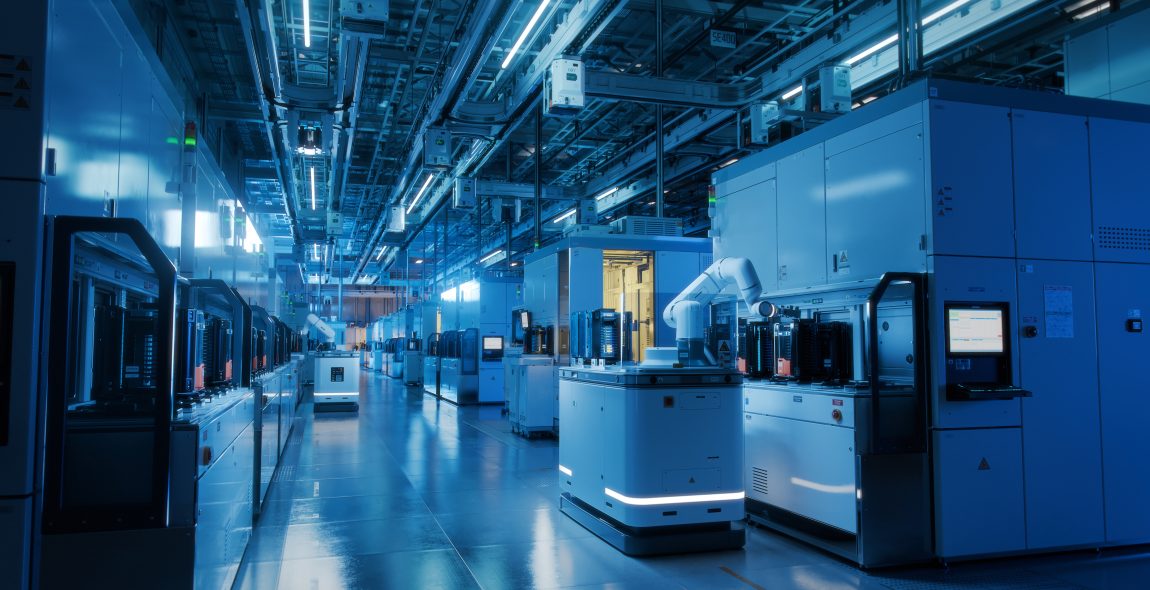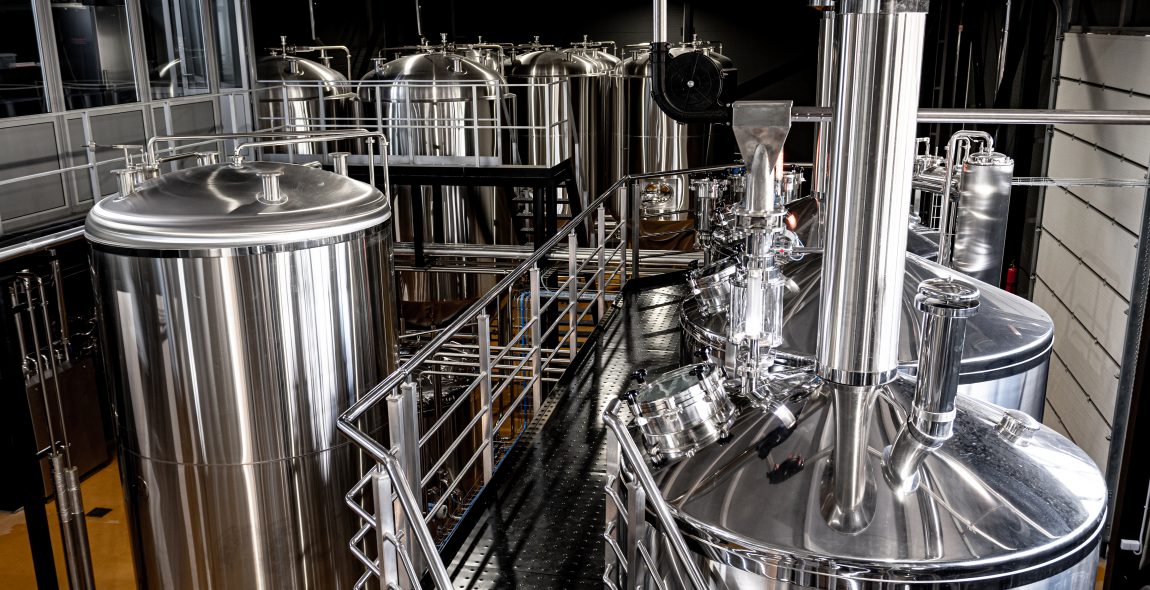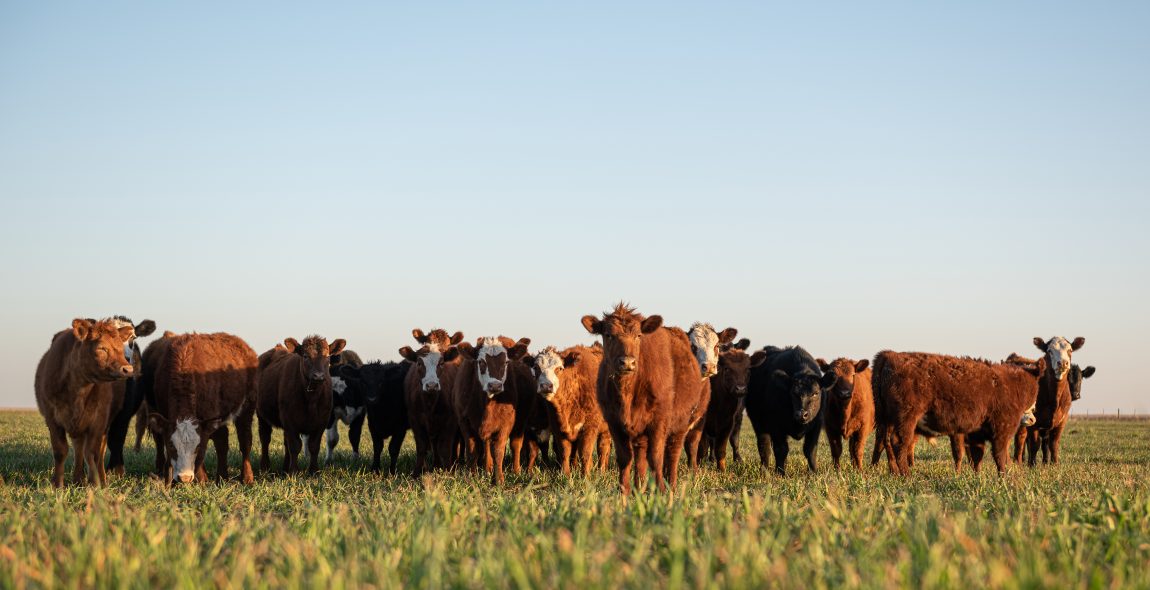Deep Read:
A unique behaviour change programme
‘When you drive, never drink’ campaign. Follow the story... ... →
For general enquiries please contact us on
+44 1223 248888
enquiries2025@innoviatech.com
St Andrew's House, St Andrew's Road
Cambridge CB4 1DL United Kingdom
FIND US
Our take on what’s making waves and why...




But ask yourself – if one of your competitors does this first:


This all makes developing plant-based alternatives a multifaceted problem, involving finding the important properties consumers value, understanding where they come from, and finding viable routes to reproduce them using non-animal materials. Ingredient suppliers are working hard to develop a palette of options, but combining these into genuinely satisfying alternatives is a step further: and few companies have a winning formulation for their knock-out product yet. It’s still all to play for.

Alex loves food, in all senses of the phrase. As well as being obsessed with cooking and eating food, he has worked with Innovia’s food sector clients since he joined in 2011. His background in chemistry allows him to engage directly in food science problems, and his experience innovating in other industries like apparel and lubricants means he can spot when the challenges and solutions are applicable.
As Innovia’s food sector lead, Alex thinks about the challenges facing the whole sector and about how Innovia is going to help its clients approach those challenges. It feels like the industry is facing a series of big challenges at the same time: a cost of living crisis, disruptions to supply chains, and changing attitudes about processed foods, to name but a few.
We believe Innovia is uniquely placed to help our clients tackle these important, uncertain, and fuzzy problems. Our technical fundamentals mean that our ideas are always scientifically plausible, and the nature of our work means we are comfortable working with uncertainty. In some cases, we have seen how other industries have faced a similar problem in the past.
If any of the topics resonate with you, get in touch!